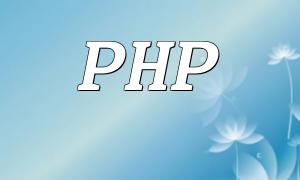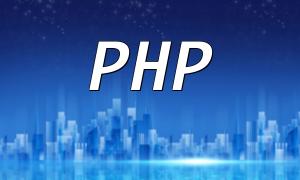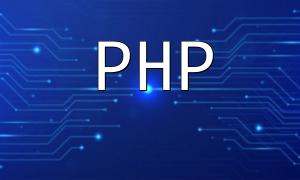With the rapid development of the internet, website speed and performance have become major concerns for users. The demand for faster loading times and responsive websites is increasing, making performance optimization a critical task for developers.
In PHP web development, coding standards and performance optimization are interrelated. By combining both, developers can effectively improve website speed and performance. In this article, we will explore how PHP coding standards and performance optimization can work together to boost website speed.
Following naming conventions is essential for writing clean and maintainable code. It not only impacts code readability but also indirectly affects website performance. Common PHP naming conventions include:
Adhering to naming conventions makes the code more readable, reducing errors and improving maintainability.
Proper code indentation enhances readability and reduces the likelihood of errors during development. It's recommended to use 4 spaces for indentation rather than tab characters. Consistent indentation ensures that the code displays correctly across different editors, improving development efficiency.
Databases are the backbone of many websites, and optimizing database queries is crucial for improving website performance. Common database optimization techniques include:
Optimizing the database can significantly improve website loading times and user experience.
Code optimization is another key factor in enhancing website performance. Common PHP code optimization strategies include:
By optimizing code and effectively using caching, developers can reduce CPU and memory usage, enhancing website performance.
PHP coding standards and performance optimization can be implemented together to improve both code quality and website performance. Some of the ways they can be combined include:
By combining PHP coding standards with performance optimization techniques, developers can create faster, more efficient, and easier-to-maintain code.
PHP coding standards and performance optimization are key to improving website speed and performance. By following standardized naming conventions and proper code indentation, developers can make their code more readable and maintainable. Meanwhile, optimizing the database and code can significantly reduce load times and improve response speed.
In conclusion, combining PHP coding standards with performance optimization techniques is a proven method for boosting website speed and performance.









